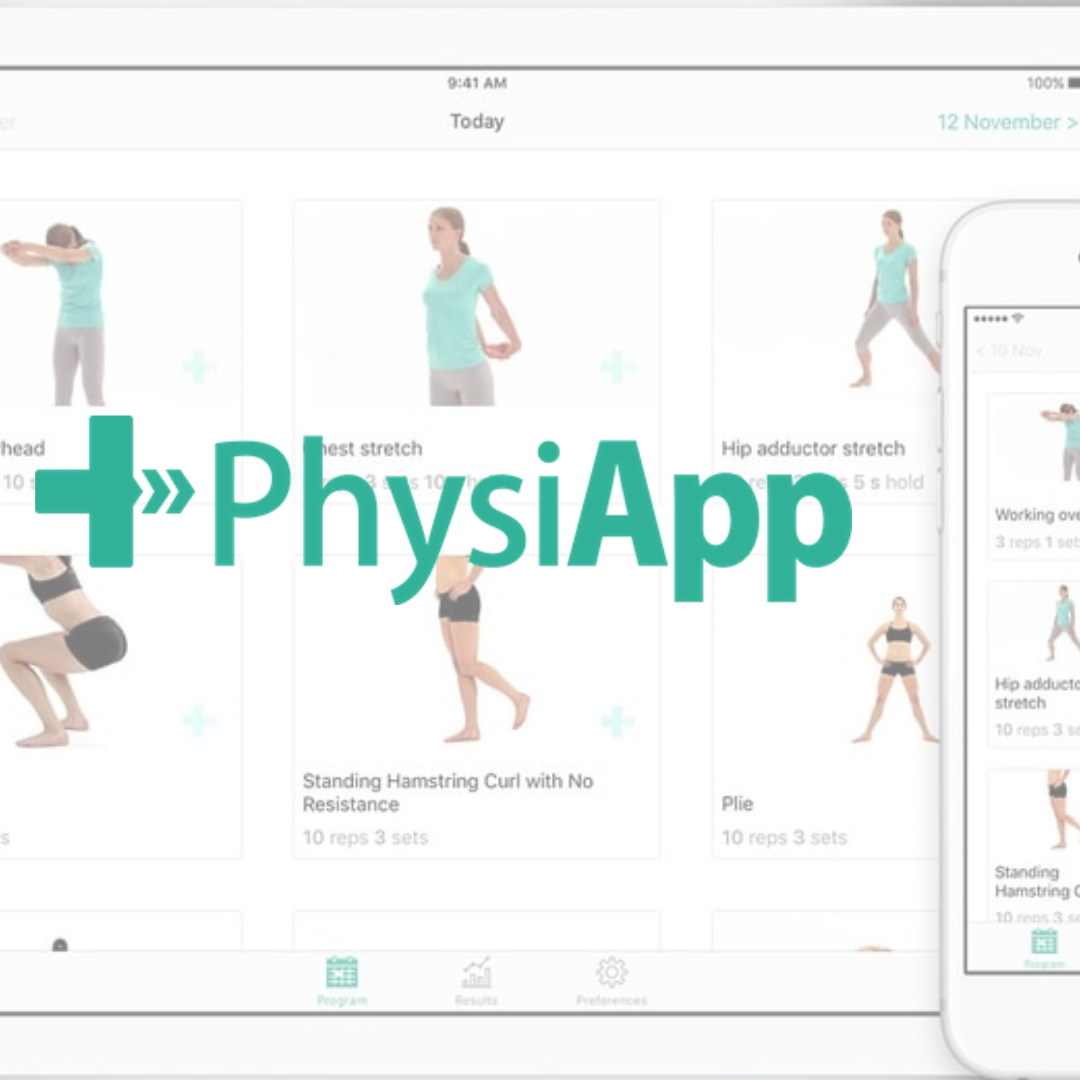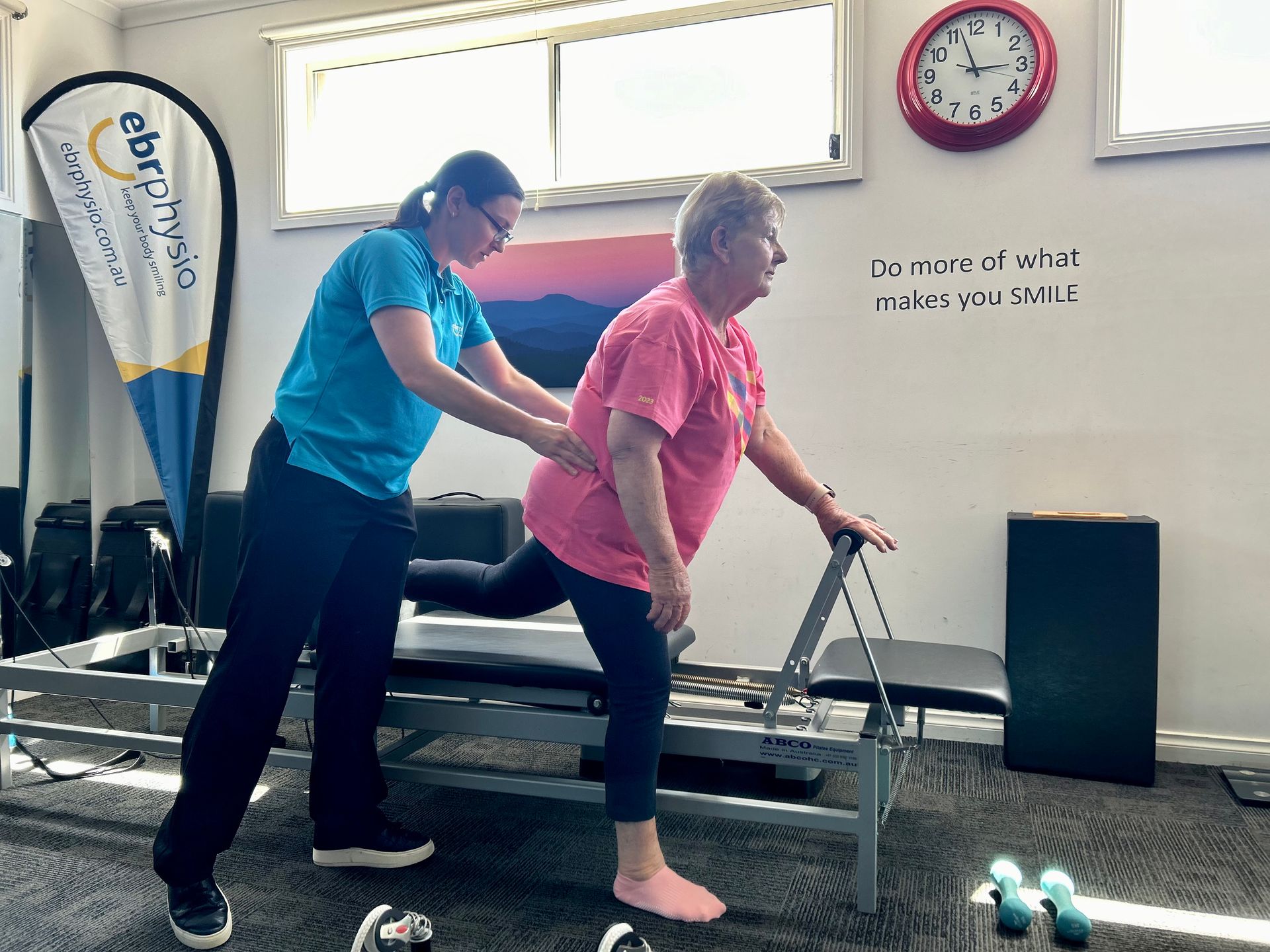Manual Therapy
Hands on' mobilisation, manipulation & massage to reduce pain & stiffness
Manual therapy is like having a skilled mechanic for your body. Our physiotherapists use hands-on techniques like joint mobilisation, manipulation, and soft tissue therapy, to diagnose and treat issues like neck pain, sports injuries, arthritis, post-surgical recovery, and chronic pain. Benefits? Oh, plenty!
How does manual therapy work?
Manual therapy works through various techniques designed to address specific issues:
- Joint Mobilisation: Gentle, controlled movements of the joint to increase its range of motion and reduce stiffness.
- Manipulation: Quick, precise movements to improve joint function and alleviate pain.
- Soft Tissue Therapy: Techniques like massage and myofascial release to reduce muscle tension and promote healing.
Manual therapy is suitable for individuals of all ages and activity levels. Whether you’re an athlete recovering from an injury, an office worker dealing with chronic back pain, or someone managing arthritis, manual therapy can provide the relief and improved function you need.
What to expect during a manual therapy session
When you come in for manual therapy, your physiotherapist will start with a thorough assessment to understand your condition. They will ask about your symptoms, evaluate your movement and strength, and develop a treatment plan tailored to your needs. During the session, they will use specific techniques to target problem areas and provide guidance on exercises and self-management strategies to complement your therapy.
01 Assessment
We start by evaluating your movement, strength, and pain levels.
02 Treatment
Then we apply manual therapy techniques to target problem areas.
03 Education
We;ll give you some guidance on exercises and self-management strategies.
04 Follow-up
You can expect regular check-ins to monitor progress and adjust your treatment plan.
FAQs
These FAQs cover common questions and concerns people might have about manual therapy.
What conditions can manual therapy help with?
Manual therapy can help with a wide range of conditions, including:
Neck and back pain
Sports injuries
Joint stiffness or arthritis
Post-surgical recovery
Chronic pain conditions
Muscle tightness or spasms
Who can benefit from manual therapy?
Manual therapy is suitable for individuals of all ages and activity levels. Whether you're an athlete recovering from an injury, someone dealing with chronic back pain, an office worker with neck stiffness, or managing a condition like arthritis, manual therapy can provide significant relief and improve your overall function.
What can I expect during a manual therapy session?
When you come in for a manual therapy session, your physiotherapist will start with a thorough assessment to understand your condition. This includes discussing your symptoms, evaluating your movement and strength, and developing a tailored treatment plan. During the session, the therapist will use specific hands-on techniques to address your problem areas and provide guidance on exercises and self-care strategies to support your recovery.
How many manual therapy sessions will I need?
The number of sessions you’ll need depends on your specific condition and how your body responds to treatment. Some people experience significant improvement after just a few sessions, while others may require ongoing care to achieve the best results. Your physiotherapist will work with you to create a treatment plan that meets your needs.
What should I do after a manual therapy session?
After your session, your physiotherapist may recommend specific exercises or self-care techniques to continue your progress at home. It’s important to follow these recommendations to maximize the benefits of your treatment. You might also be scheduled for follow-up sessions to monitor your progress and adjust your treatment plan as needed.
Take the first step today
If you are experiencing pain and have been looking for physiotherapy treatments in Melbourne or surrounding areas, feel free to call us at (03) 9570 1254 or send us an email at info@ebrphysio.com.au
The Blog
"I have noticed a drastic difference in my quality of life... Cannot recommend enough. I’ve been to a few different local clinics and nothing quite compares to the level and quality of care from the team here. Every detail at the clinic is so well thought out, and everyone cooperates to give such a fantastic level of service."
Sonja Pitt

Our goal is to enable you to live a pain-free life, with full mobility.
Quick Links
Contact
Email info@ebrphysio.com.au
133 East Boundary Road
(Cnr. Elizabeth Street)
East Bentleigh VIC 3165
Our hours
Monday – Friday : 8:30 – 6:30pm
How can we help?
Contact Us
We will get back to you as soon as possible.
Please try again later.
Copyright 2024 EBR Physio




